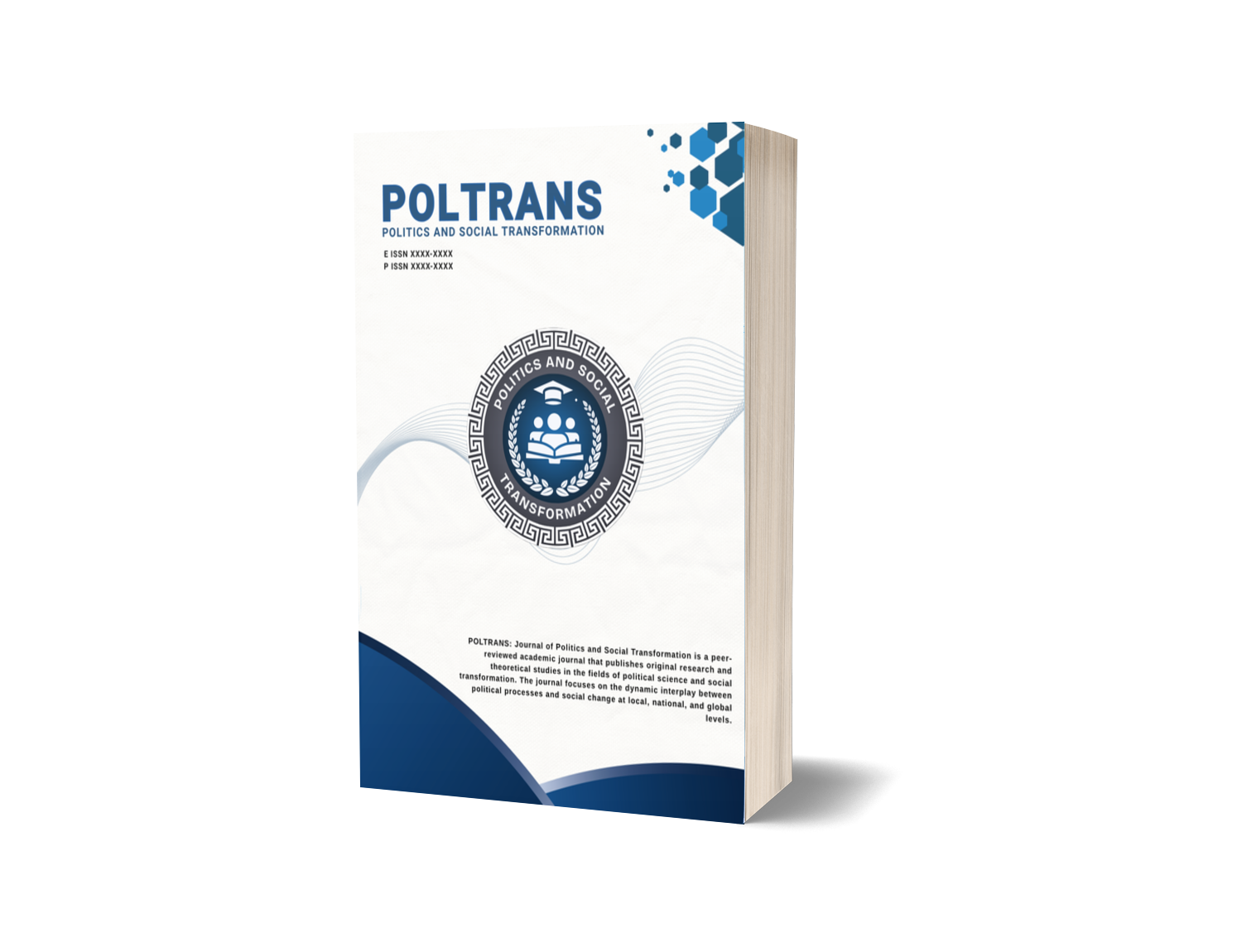Prabowo approach raises concerns about civil liberties
Keywords:
Authoritarianism, Prabowo, government, civil libertiesAbstract
Prabowo Subianto government indicates a consolidation of power that leads to a new authoritarianism, threatening the sustainability of substantive democracy in Indonesia. This article analyses the main dimensions of democratic backsliding, the centralization of power through the revision of the Pilkada Law that reduces regional autonomy, the increased involvement of the military in civilian affairs through the placement of active and retired officers in strategic government positions, and the narrowing of civil liberties space, including restrictions on press freedom, silencing of public criticism, and violence against protests. Empirical data from 2024-2025 shows that retired military officers filled 60% of strategic cabinet positions, three protesters were killed in the March 2025 riots, and the press freedom index dropped dramatically from 60 to 45. These findings confirm that Indonesia is shifting towards an electoral democracy model that only maintains formal electoral procedures but ignores civil rights and accountability mechanisms. Covert authoritarianism threatens political pluralism and erodes public trust in democratic institutions. This article calls for the importance of revitalising the role of civil society and independent media as key actors in safeguarding freedom and the need for broader political pressure to limit authoritarian tendencies in the state's power structure.







